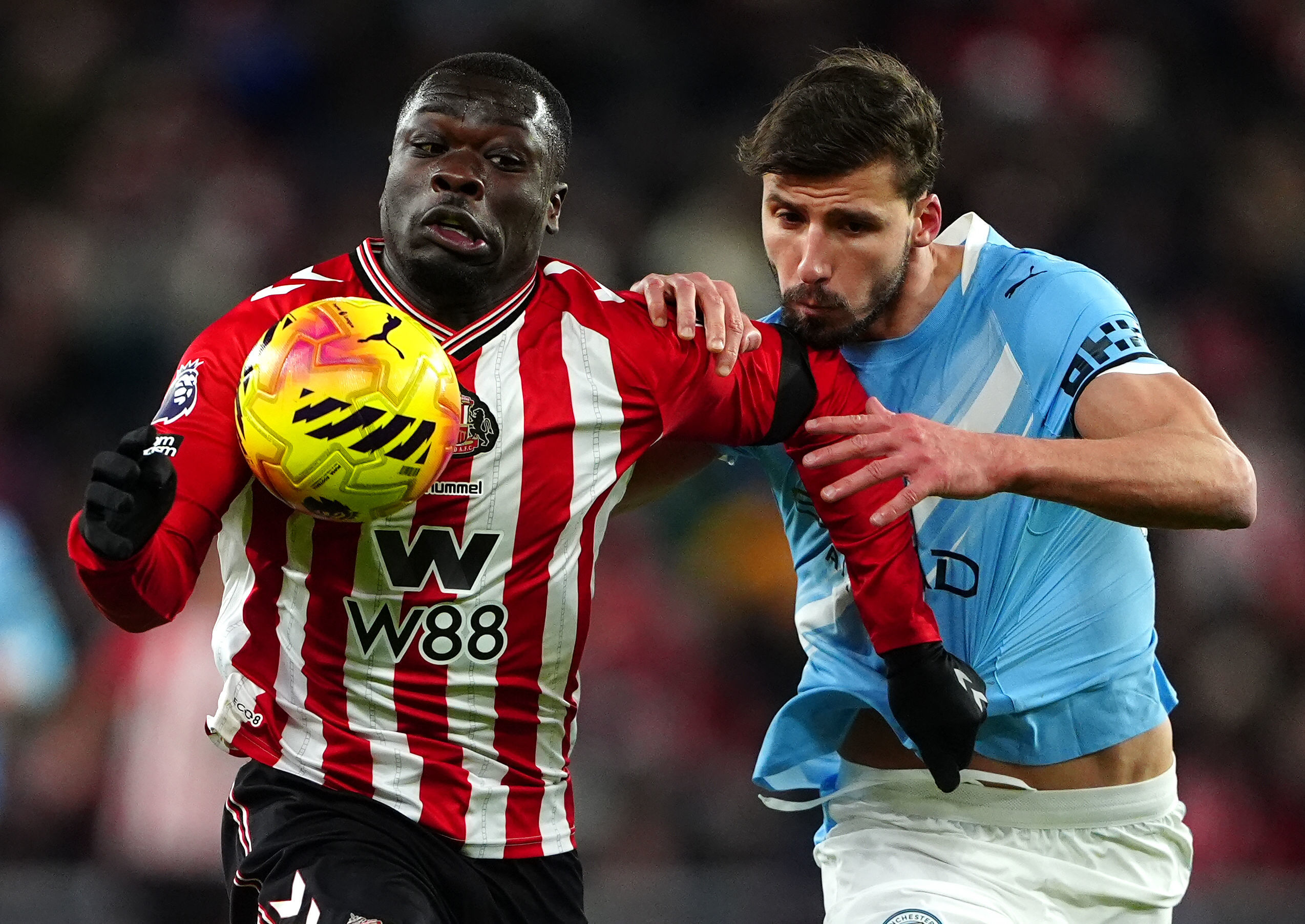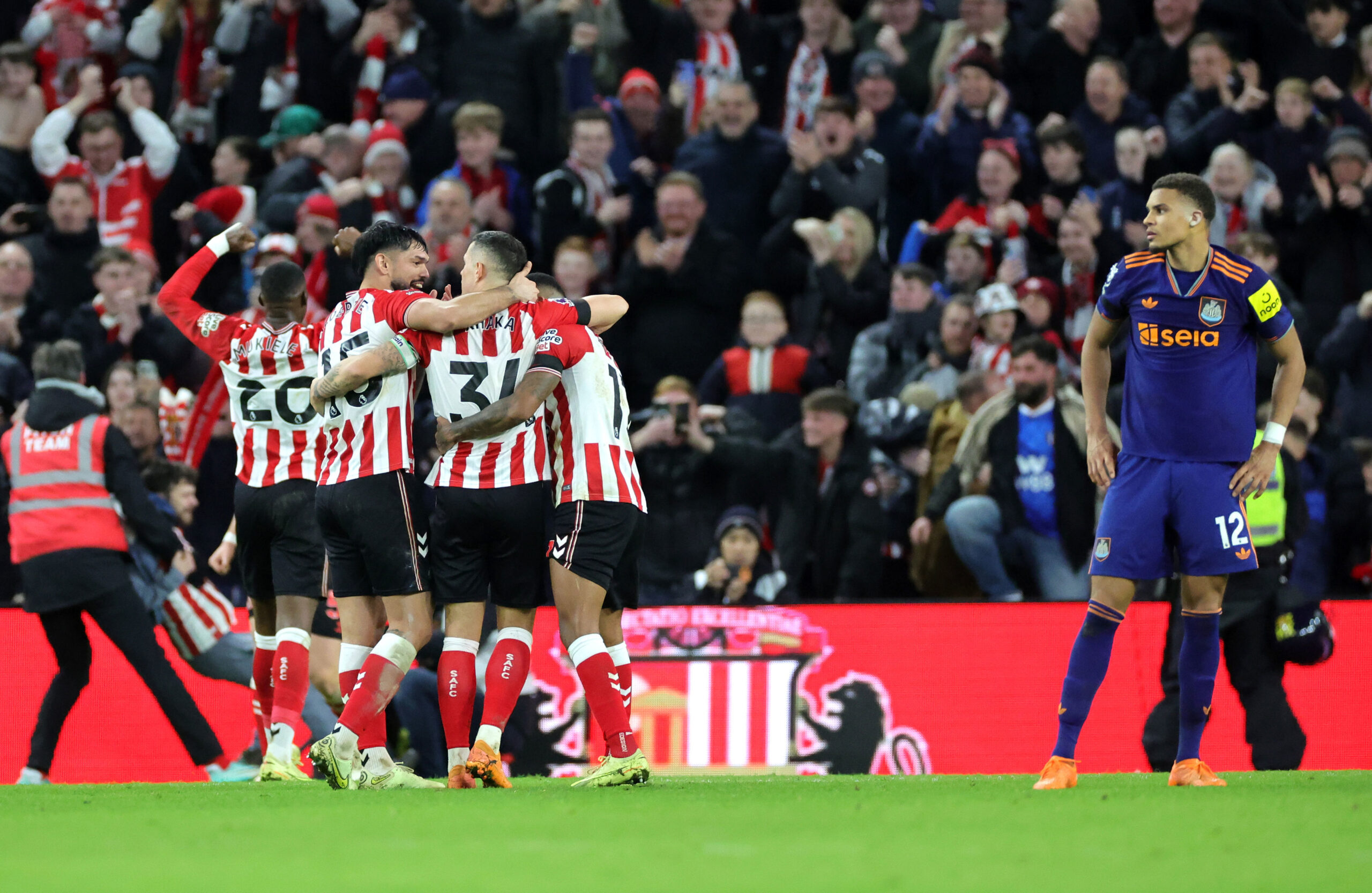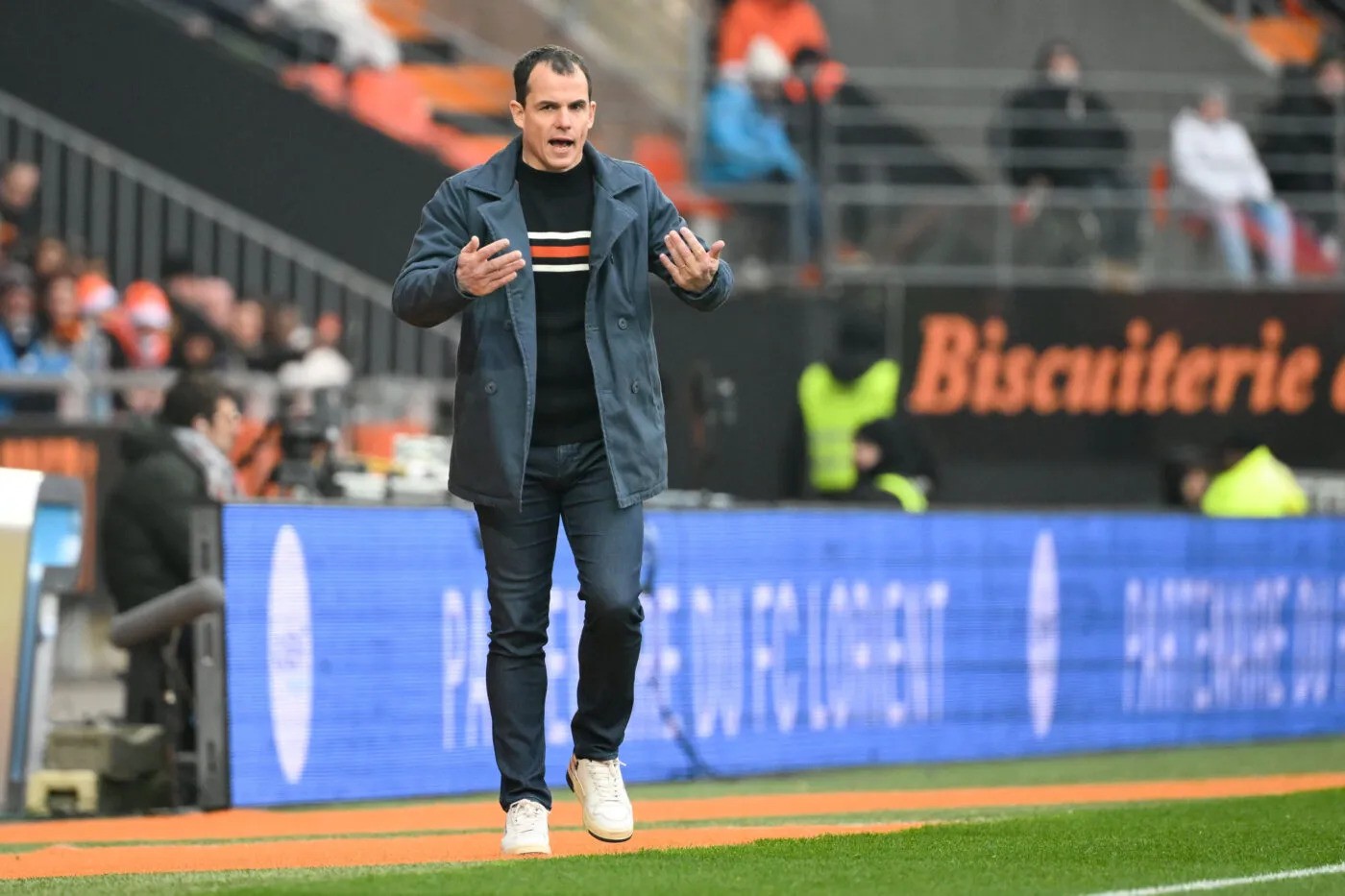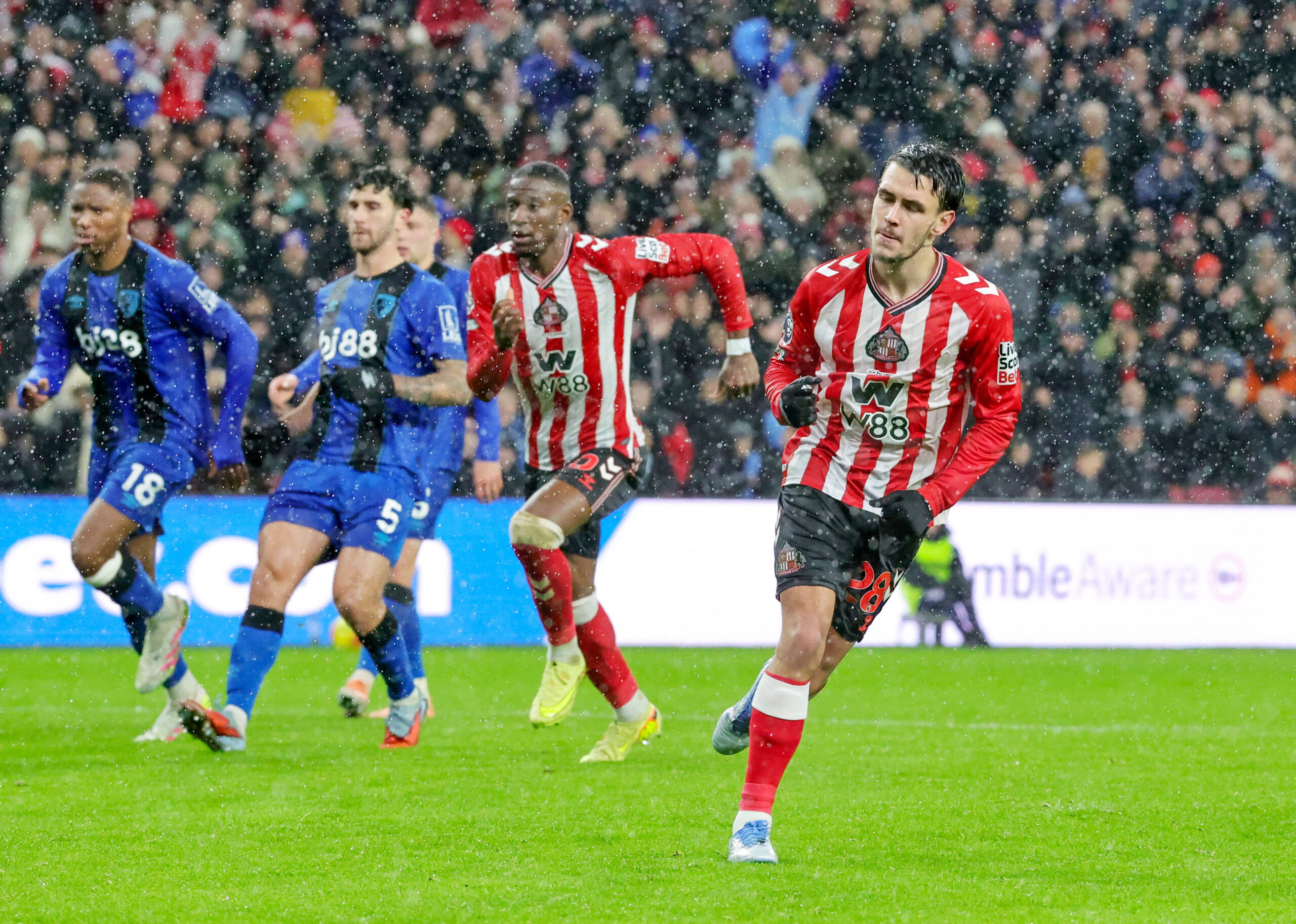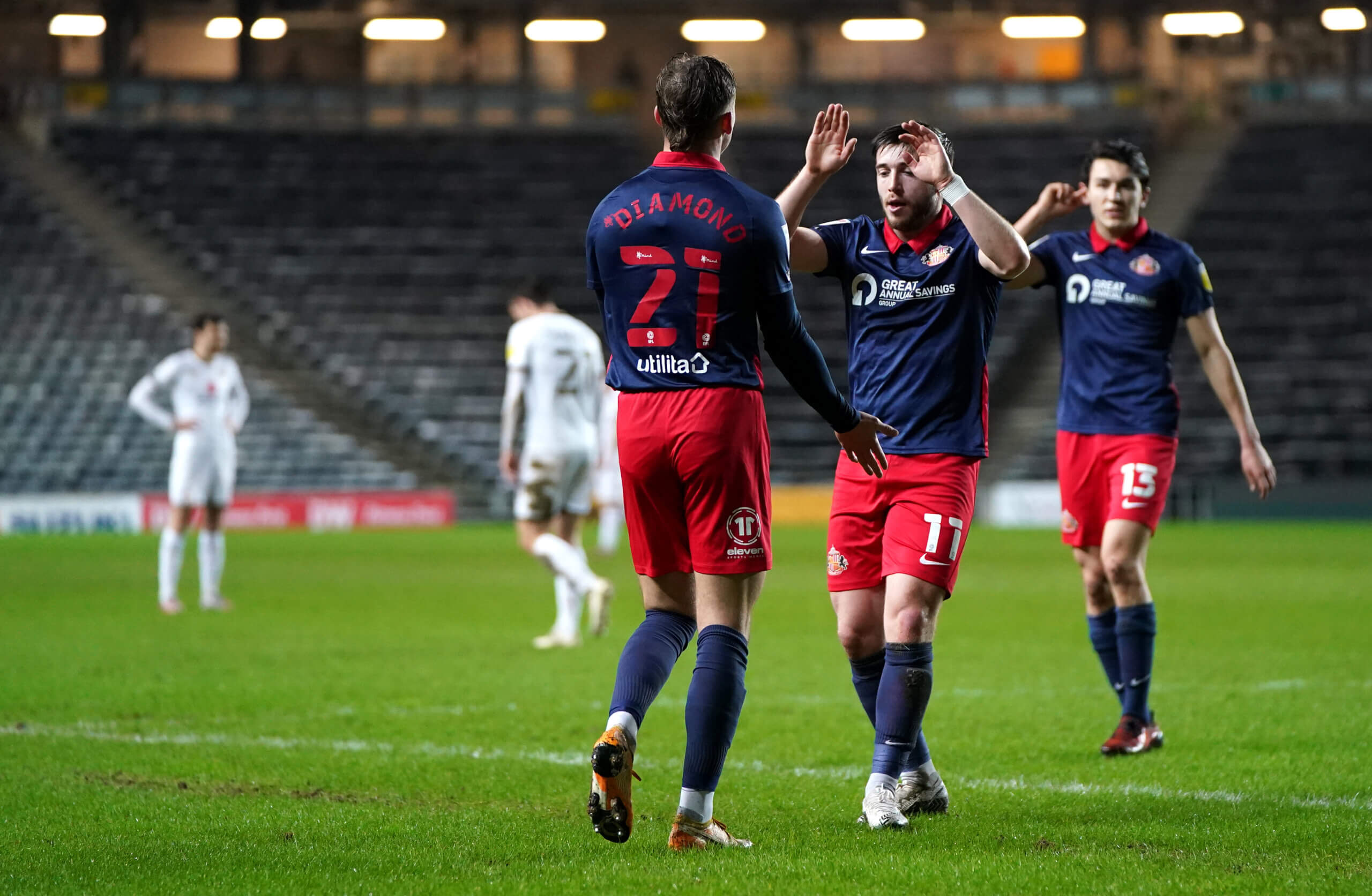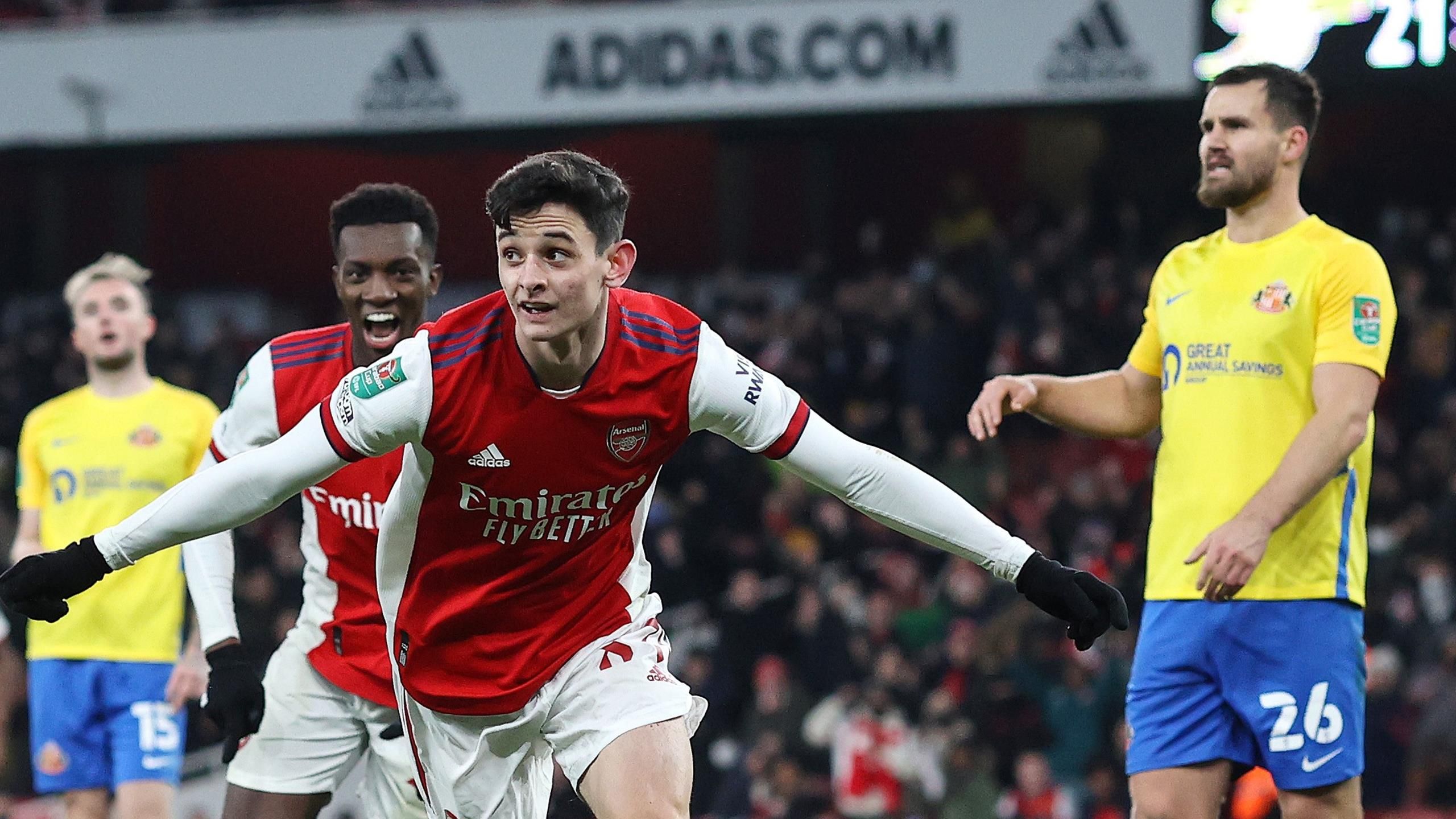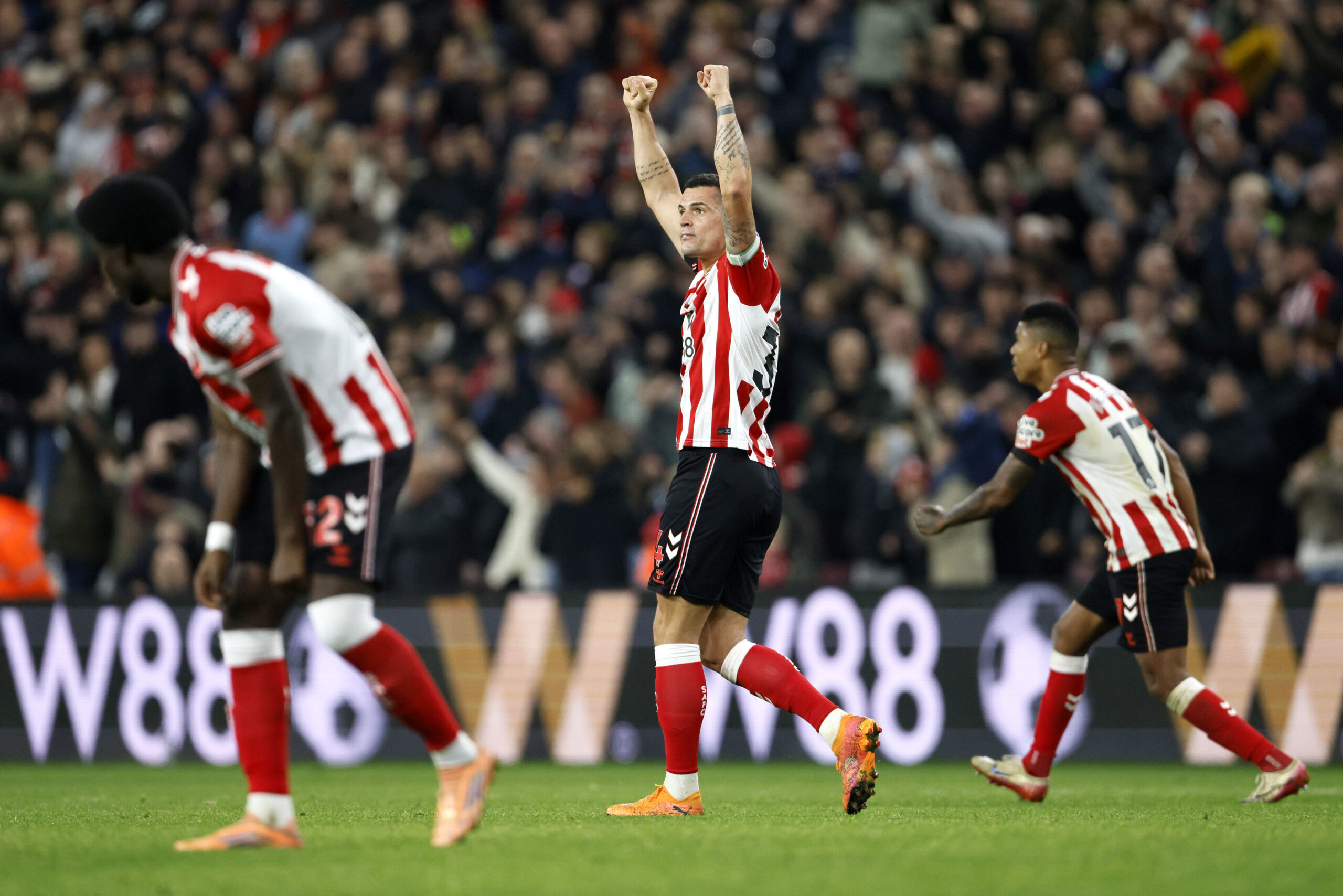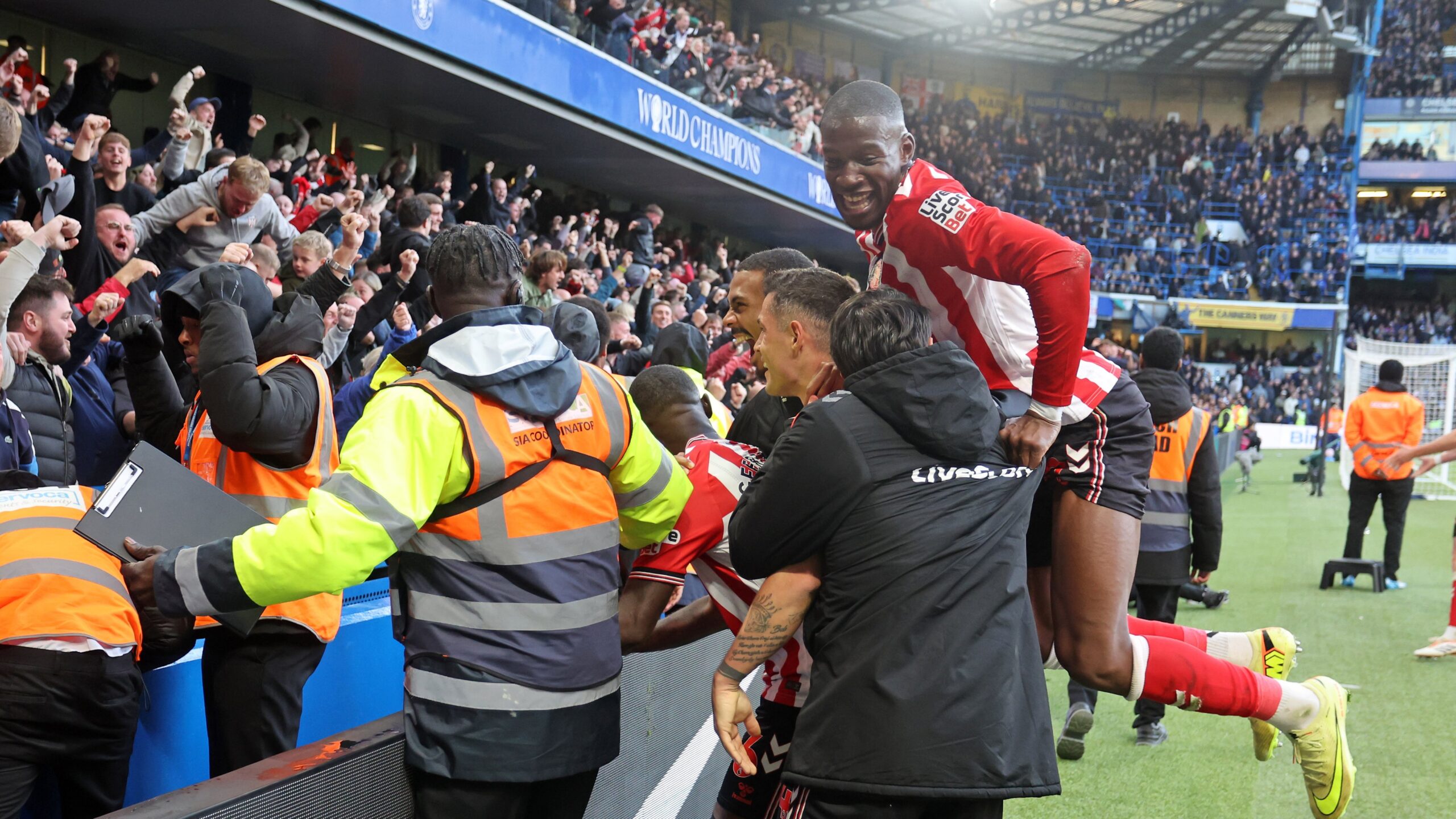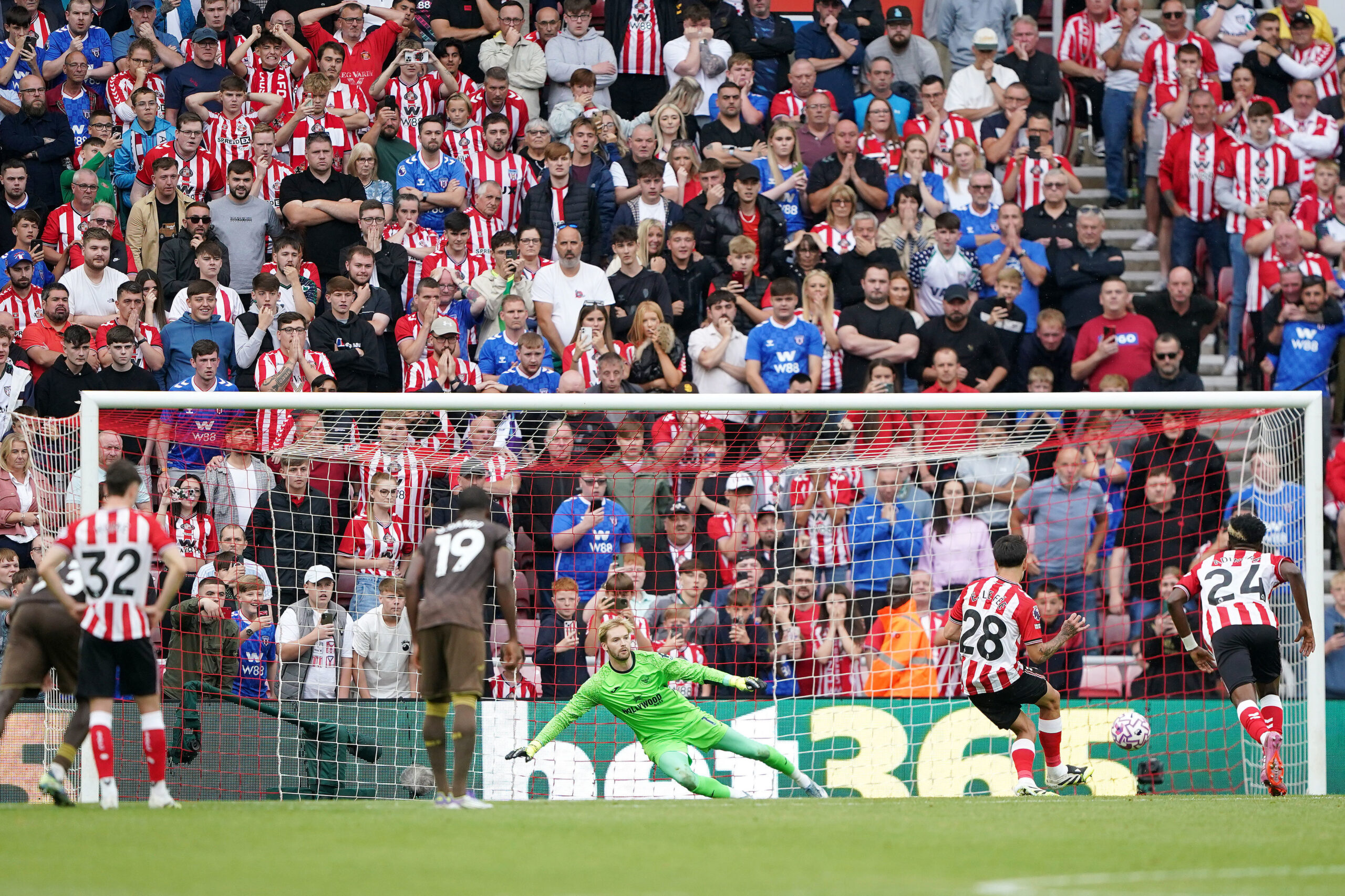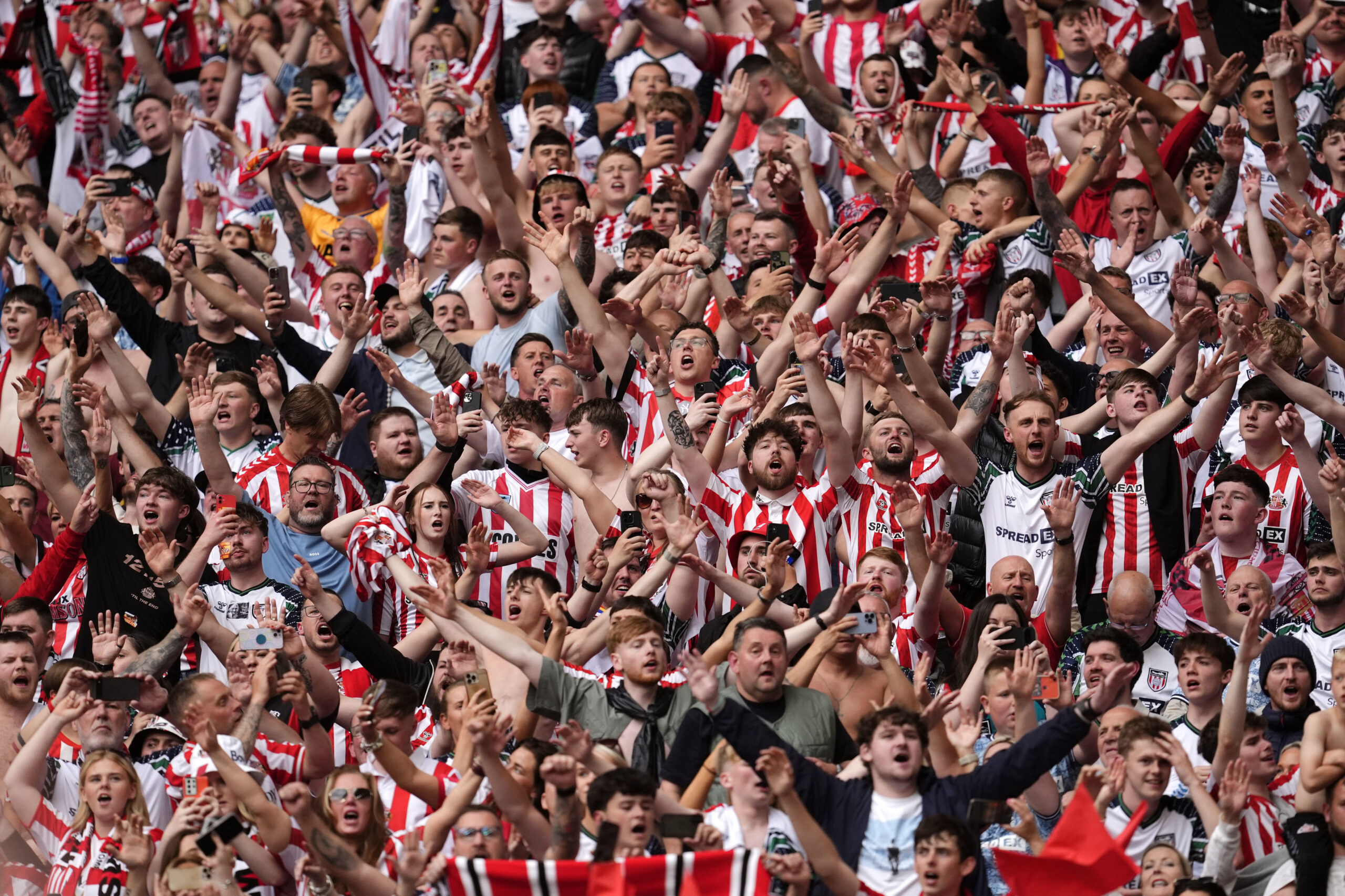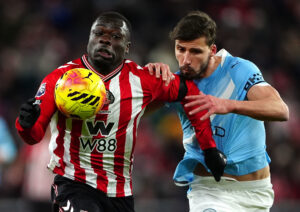Football is back! But so are a truly unbelievable amount of injuries, so it’s a good job we’re not taking on high-flying, free-scoring, 13 points clear league leaders Burnley this week, isn’t it?
Ah.
Oh well, let’s push the thought of a potential drumming from arguably one of the best sides to ever compete in the Championship to one side for a moment, and take a look back in time, to one of the biggest heroes to have worn the red and white of Sunderland in modern history…and he also happened to turn out for Burnley too.
Kevin Ball
Kevin Ball is one of those players who had such an impact on Sunderland AFC that regardless of whether you actually witnessed him play for the club or not, you have a built-in feeling of admiration and respect for him.
Being captain of the club for a good chunk of his near decade stint as a player, and a mainstay of two incredibly popular, promotion-winning sides will very much help in that regard, but he never-say-die attitude and blood, guts and thunder approach to every game earned him the title of Mr Sunderland.
Bally’s career began back in 1981, where the Hastings born self-confessed hooligan came through the youth team at Coventry, but lasted only a year (without making an appearance) before heading south again to Portsmouth.
Ball’s time at Pompey saw him largely utilised as midfielder, where he built up a steady reputation for himself as a tidy player on the ball, and someone you don’t want to be around if he was trying to take it from you.
After eight years on the south coast, Sunderland came calling, and Denis Smith added one metric air craft carrier of tenacity and steel to his midfield. Barring any injuries (and the odd suspension…) Bally was barely out of the first team from the moment he arrived at Roker Park.
Despite his reputation as being the hardest man in football, Bally could very much play a bit (as he’ll gladly tell you if you dare suggest otherwise), and he had a knack for scoring goals – usually either dramatic, or important – and he loved a good diving header. 28 goals in all competitions for a player more associated with the defensive side of the game is not to be sniffed at.
Ball was part of the Sunderland team to win promotion into the Premier League for the first time in 1996 under Peter Reid – being named the Sunderland player of the year in the process.
He was an integral cog in a team which also included the likes of Paul Bracewell, Lee Howey and Alex Rae – not a group of players to be trifled with.
Although we went straight back down, we returned the big time two years later (after that Charlton game at Wembley), with Bally leading Reid’s Sunderland to a record 105 points total as we won the league with what is probably most SAFC fan’s favourite team. Phillips. Quinn. Gray. Bridges. Johnston. Clark. Summerbee. Sorensen. But central to it all was Kevin Ball.
Gradually shifted between central midfield and defence in his last few seasons with the club, Ball started the 99/00 season back in the Premier League still as Sunderland captain, despite his 35th birthday approaching.
He played his part in some vital early victories against the likes of Leicester, Derby, Sheff Wed, Villa, Spurs, and of course, the first of the 2-1 much loved 2-1 wins against our dearest neighbours.
Of course, his most talked about contribution from his final season is not his part in those wins, but from him smashing his own crossbar from about 750 yards while putting in a tackle in the derby. It all builds character.
Finally though, Bally’s time on Wearside came to an end in December 1999 when he joined Kevin Keegan’s Fulham for £200k. The stay in London only lasted until the end of that same season when he then duly headed north again to Burnley, then managed by Sunderland fan, old school favourite, Stan Ternent.
Bally’s career in claret and blue would only last 2 seasons, but despite injuries and his age (he was just shy of 38 when he retired), he packed in 82 league appearances.
The Clarets squad during his stint was full of massive characters within the game; the likes of Glen Little, Paul Cook, Lenny Johnrose and fellow former Black Cats Gordon Armstrong, Phil Gray and John Mullin all lined up alongside him in his first year there, with the club finishing a respectable 7th in the old First Division.
Things stepped up somewhat in his second season though, when Ternent added a certain Paul Gascoigne to the squad. Gazza’s time at the club was short and uneventful on the pitch in all honesty, but a highlight is the rumoured prank Bally played on him, gluing the former England legend’s studs to the floor of the changing room and watching him figure it out as he tried to lace them up.
Of course, it would be remiss to mention that tackle on David Dunn, arguably the moment he is loved most for by Burnley fans, both for the tackle itself, and that it was against their loving rivals, Blackburn Rovers.
To put it simply, Bally poleaxed Dunn with such incredible precision that he may as well have salted the earth to make sure nothing ever grew back. But to top it all off, he was already on his way off the pitch before the ref had even finished pulling the card out of his pocket, lovely stuff.
Upon retiring in 2002, Ball was brought back to Sunderland by, of all people, Howard Wilkinson and found himself with a range of roles including first team coach, academy manager and loan manager over the next 20 years.
Notably, Bally was handed the first team manager’s job across two spells as a caretaker; the first in March of 2006 after the sacking of Mick McCarthy, where he spared us the indignity of going a full season without a win at home in an otherwise abject relegation year.
The second stint in charge came in 2013, following the sacking of certified lunatic, Paolo Di Canio; he oversaw a win over Peterborough the League Cup which would ultimately set us on the way to Wembley under full time appointment Gus Poyet.
Bally was let go by the club in 2022, in a move which frankly, doesn’t sit well with the majority of fans. There is no doubt that Ball has (and probably always will have) a huge affinity for Sunderland AFC, but there is an argument to say that he was criminally-underused both in the latter days of Ellis Short, and for the entire Madrox debacle.
Whether he should have been given a proper chance at the manager’s job is a debate for the ages in Sunderland, but there is no denying his abilities as a coach, just as Jordan Henderson, Jordan Pickford, or literally any academy graduate to have come through under his tenure.
A true Sunderland AFC legend.
| Joined | Left | League Apps | League Goals | |
| Sunderland | 1990 | 1999 | 340 | 21 |
| Burnley | 2000 | 2002 | 82 | 2 |











